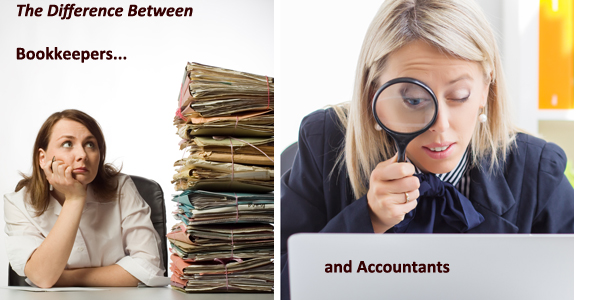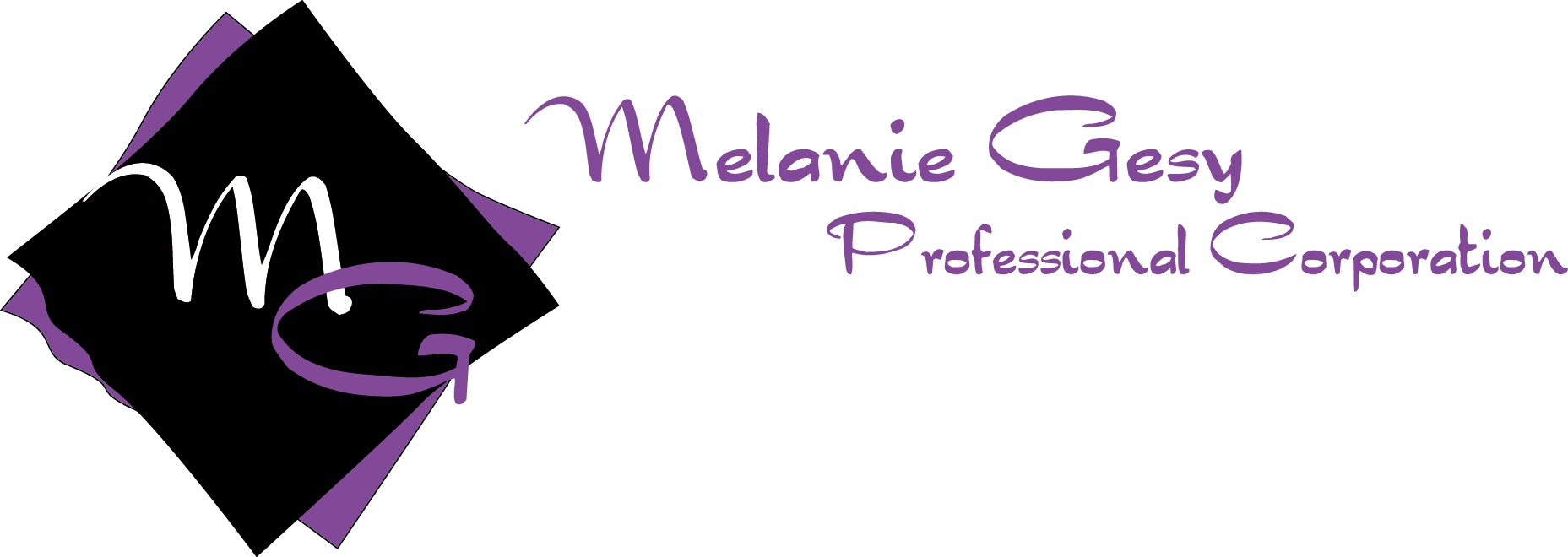MELANIE GESY NEWS

Do you need a Bookkeeper or an Accountant?
Hint: it's not just the size of their invoices
For many people, even a fair amount of business folk, their eyes glaze over when accounting and record keeping are discussed. Talking about numbers and discussing tax issues with confusing acronyms like RESP and CESG aren't nearly as fun as talking about movies, sports or other hobbies. The snooze factor most people associate with accounting conversations ranks right up there with discussions on ear wax, stamp collecting or worse; Kardashians. This is why many people confuse the role of accountants versus that of bookkeepers. When financials start being discussed, eyes start to droop.
So What IS the Difference?
Generally speaking, a bookkeeper is responsible for collecting, arranging and storing financial revenue and expenditure information in such a manner it is easy to understand. They are the ones that ensure every expense and revenue item is listed on a spreadsheet or similar document, and all backup paperwork, such as invoices and receipts, are matched to the appropriate line entries. It is painstaking, methodical work which many smaller companies try to do themselves with varying rates of success. The more plain, simple and tidy the bookkeepers' system is, the fewer hours the accountant will need to make heads and tails out of the data.
On the Other Hand
Accountants, however, are the ones to sift through the columns of numbers prepared by the bookkeeper to make determinations about your business' financial prospects and tax implications. Bookkeepers aren't as focused on the arcane secrets of the federal tax code or what deductions are acceptable to the CRA, which is why they usually cost far less per hour than what an accredited accountant charges. Bookkeepers mostly just catalogue revenue and expenditure figures, although the best ones know exactly what the accountant will be looking for and make those details prominent. Accountants take those figures and use their knowledge of tax law to reduce your tax bill as much as legally possible. Messy books mean more time spent by your accountant doing bookkeeping work but charging their accounting rate.
Financial Summary
To avoid getting charged more for accounting and tax preparation than you need to, ensure your bookkeeper is doing their job properly; making all your revenues and expenditures easy for your accountant to understand. If you need to hire bookkeeping expertise, however, let us know and we can recommend one to you.

